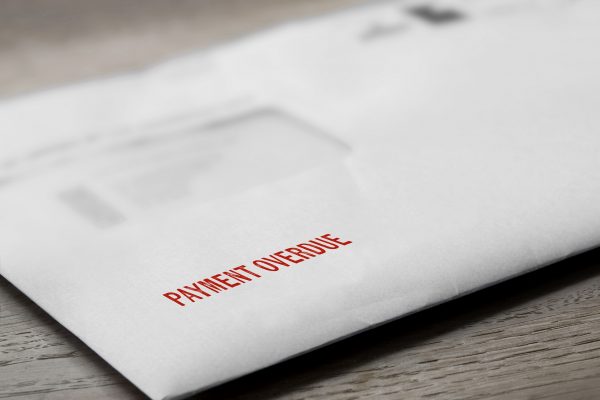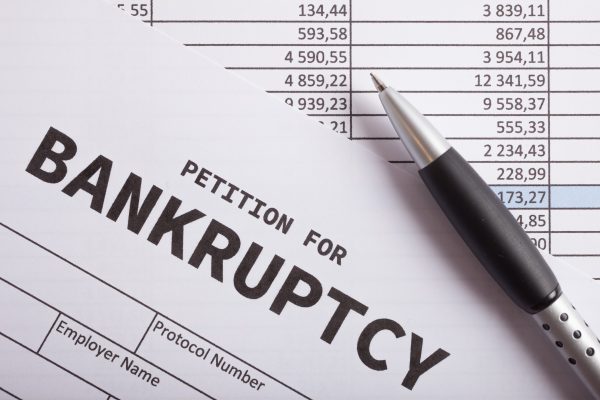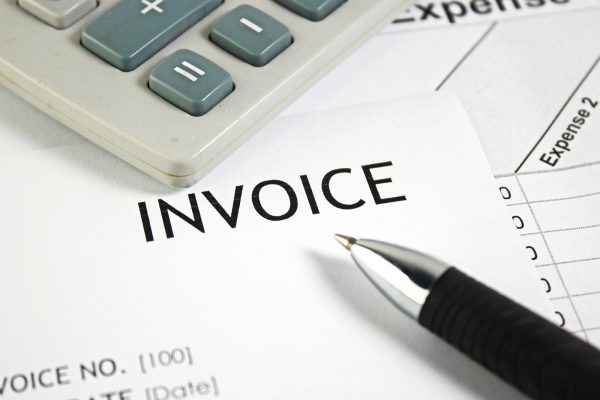Author: Roxanne Bradley
Published: October 16, 2025
Reading time: 2 minutes
This article is 3 months old.
Read our disclaimer keyboard_arrow_down
This website content is intended as a general guide to law as it applies to the motor trade. Lawgistics has taken every effort to ensure that the contents are as accurate and up to date as at the date of first publication.
The laws and opinions expressed within this website may be varied as the law develops. As such we cannot accept liability for or the consequence of, any change of law, or official guidelines since publication or any misuse of the information provided.
The opinions in this website are based upon the experience of the authors and it must be recognised that only the courts and recognised tribunals can interpret the law with authority.
Examples given within the website are based on the experience of the authors and centre upon issues that commonly give rise to disputes. Each situation in practice will be different and may comprise several points commented upon.
If you have any doubt about the correct legal position you should seek further legal advice from Lawgistics or a suitably qualified solicitor. We cannot accept liability for your failure to take professional advice where it should reasonably be sought by a prudent person.
All characters are fictitious and should not be taken as referring to any person living or dead.
Use of this website shall be considered acceptance of the terms of the disclaimer presented above.
Recently we assisted a member whom contacted ourselves after receiving a letter which informed him someone would be knocking on his premises door to collect a ‘debt’.
A consumer had instructed a company to pursue an alleged debt. The company in question, holds themselves out to be heavy men and to a lay person, they could be perceived as bailiffs. The debt itself was a sum that the consumer has decided by themselves what was owed to them by our member.
The consumer had not and to date, has not issued proceedings in the County Court and therefore no Judgement or CCJ had been awarded to the consumer.
The company therefore has no legal grounds to enforce such debt and should be told to vacate the premises.
For clarity, where Judgement has been issued and the party has failed to pay within the time frame set by the court, the Claimant can apply to the court for a warrant of control. Once granted, enforcement officers are authorised to take goods which belong to the debtor. Sell the goods and apply the proceeds to the outstanding judgment debt owed. This is the correct and legal process.
Therefore if you receive a letter claiming to be collecting a debt, check that its legitimately owed!






